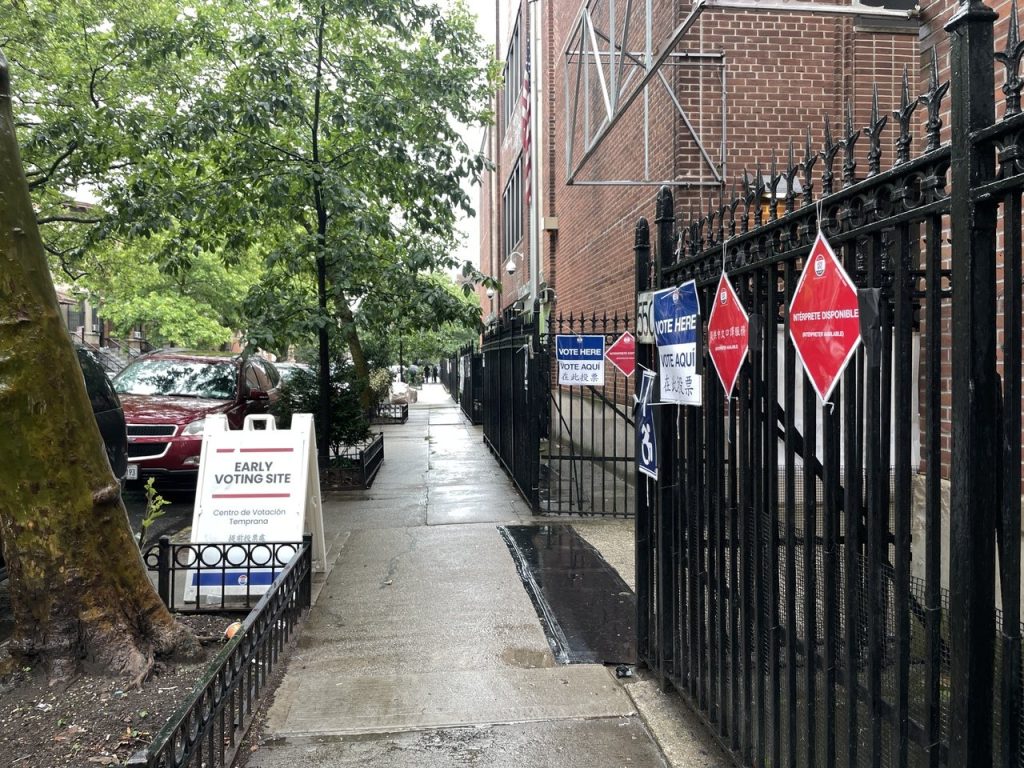Early voting in the primary election was enthusiastic, with 45% of voters under 44 years old

The battle for the New York City primary election is heating up. According to data from the NYC Board of Elections, as of the 17th, 131,434 voters have completed early voting, almost double the 64,000 in the same period of 2021. Experts also analyzed that the main force of this voting boom came from young voters aged 25 to 34. As of the 18th, it had reached nearly 30,000, accounting for nearly a quarter of the number of early voters, setting a record high.
Data shows that among the five major administrative districts, Brooklyn and Manhattan lead the city in early voting, reaching 47,052 and 43,427 respectively. Queens ranked second with 26,383 people, and the Bronx and Staten Island had 14,97 and 4,523 respectively. In the first four days, a total of more than 130,000 people cast ballots, nearly doubling the 44,000 in the first three days of 2021 and the 64,000 in the first four days.
The age structure also shows that the young population is the main force in early voting this time. According to multiple foreign media reports, voters aged 18 to 34 account for 34% of all early voters. If the proportion is expanded to those under 44, the proportion is as high as 45%.
Laura Tamman, a political scientist at Pace University, said in an interview with Gothamist that it is not yet possible to determine whether the early voting boom only represents voters voting early or a large number of new voters voting for the first time. However, she said that in municipal elections held in odd years, the voter turnout of young voters is usually lower than that of federal elections in even years. If candidates succeed in mobilizing young people, “it will be an extremely difficult and rarely achieved feat,” which may have a transformational impact.
As the primary elections become more intense, the volume of discussion in the Chinese community, where voting awareness has risen in recent years, has also increased. Various election information has been frequently circulated in many WeChat groups, with the tug-of-war between Cuomo and Mandani as the center. Since Cuomo expressed support for canceling the plan to build homeless shelters and received endorsements from several elected officials in the Chinese community in Brooklyn, he has won the support of voters who are concerned about public safety; while Mandani’s policies such as freezing rent increases have been supported by young second-generation immigrants and working-class tenants. Now that polling agencies have suggested that the tug-of-war between the two has narrowed, it can be expected that the discussion between the public will become more intense.







